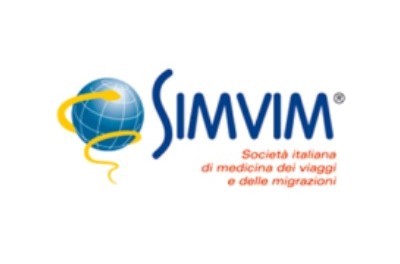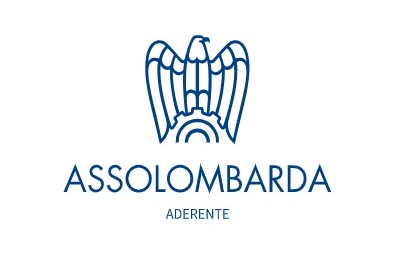ROTAVIRUS GASTROENTERITIS
Rotavirus is the most common pathogen capable of causing viral gastroenteritis among infants and children under 5 years of age. Particular attention should be paid to very young children, in whom the virus can cause severe diarrhea with dehydration.
Rotavirus reinfections are very common throughout the course of life; the severity of the disease is noted to reduce with repeated infections.
Diarrheal diseases are a leading cause of illness and death in children in this age group, particularly in low-income countries.
Causes
Rotavirus is a double-stranded RNA virus belonging to the Reoviridae family.
Most infections are caused by group A strains, although to a lesser extent it can be caused by group B and C strains.
Transmission
The main route of transmission of the virus is the oral-fecal route, i.e. through the ingestion of material contaminated by the faeces of an infected person.
Transmission can also occur in a minority of cases by contact and by the respiratory route.
Rotavirus is a very resistant pathogen, in fact it remains active in the environment and on contaminated surfaces for several days.
Particular attention should be paid within communities, such as schools, kindergartens and retirement homes, due to the quickness and ease of transmission of rotavirus.
Geographical distribution
Rotaviruses are ubiquitous and infect almost all children globally ranging from 3-5 years of age; in fact, rotavirus gastroenteritis is a worldwide disease.
In Europe and in the rest of the temperate zones of the planet, the virus has seasonal peaks of incidence which occur in the winter period.
In countries within tropical areas, however, the virus shows a constant trend.
The World Health Organization (WHO) considers the disease caused by rotavirus a real health emergency; in fact, the estimated number of deaths in 2013 due to rotavirus gastroenteritis is around 200,000 children worldwide.
Most fatal infections in children occur in low-income and underdeveloped countries likely due to the limited access to health care, lack of prompt hydration therapy, and higher prevalence of comorbidities, including malnutrition.
Symptoms
Rotavirus gastroenteritis has an incubation period of about two days, after which low-grade fever, vomiting and watery diarrhea occur with an average duration of 3-7 days.
High fever may be present in one third of cases.
A mild form of diarrhea typically develops when the sufferers recover without any treatment. However, when acute severe diarrhea occurs, a person can develop dehydration, a serious condition instead can become fatal if left untreated.
Diagnosis
The diagnosis of viral gastroenteritis is clinical. However, in doubtful cases or with prolonged symptoms, the diagnosis can be made by searching for specific rotavirus antigens in faecal samples taken from the patient.
Treatment
Viral gastroenteritis is generally a self-limiting disease that does not require specific antiviral therapy. In fact, only supportive therapies are necessary, such as adequate hydration and nutrition.
In the event of severe symptoms with the onset of dehydration, the administration of intravenous fluids is essential.
Prevention
Two attenuated oral vaccines are currently available for the prevention of rotavirus disease, with similar levels of efficacy and safety.
The pentavalent human-bovine attenuated vaccine is given in three doses: at 2, 4, and 6 months of age.
The human attenuated vaccine, on the other hand, is given in two doses: at 2 and 4 months of age





